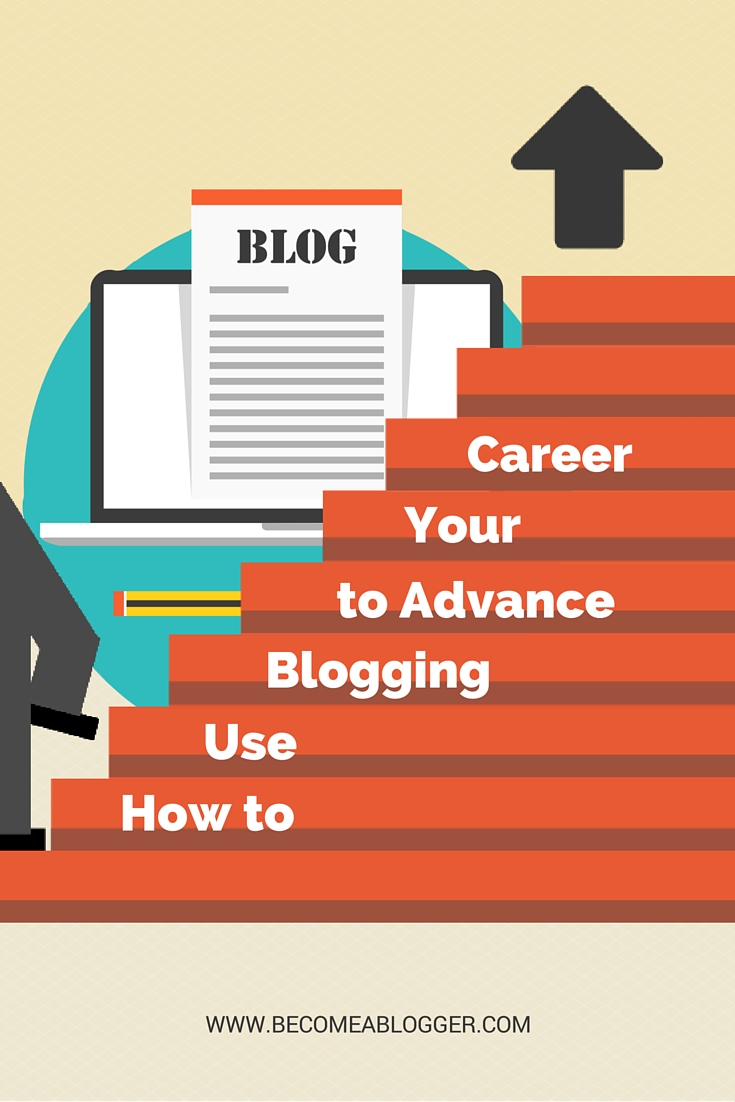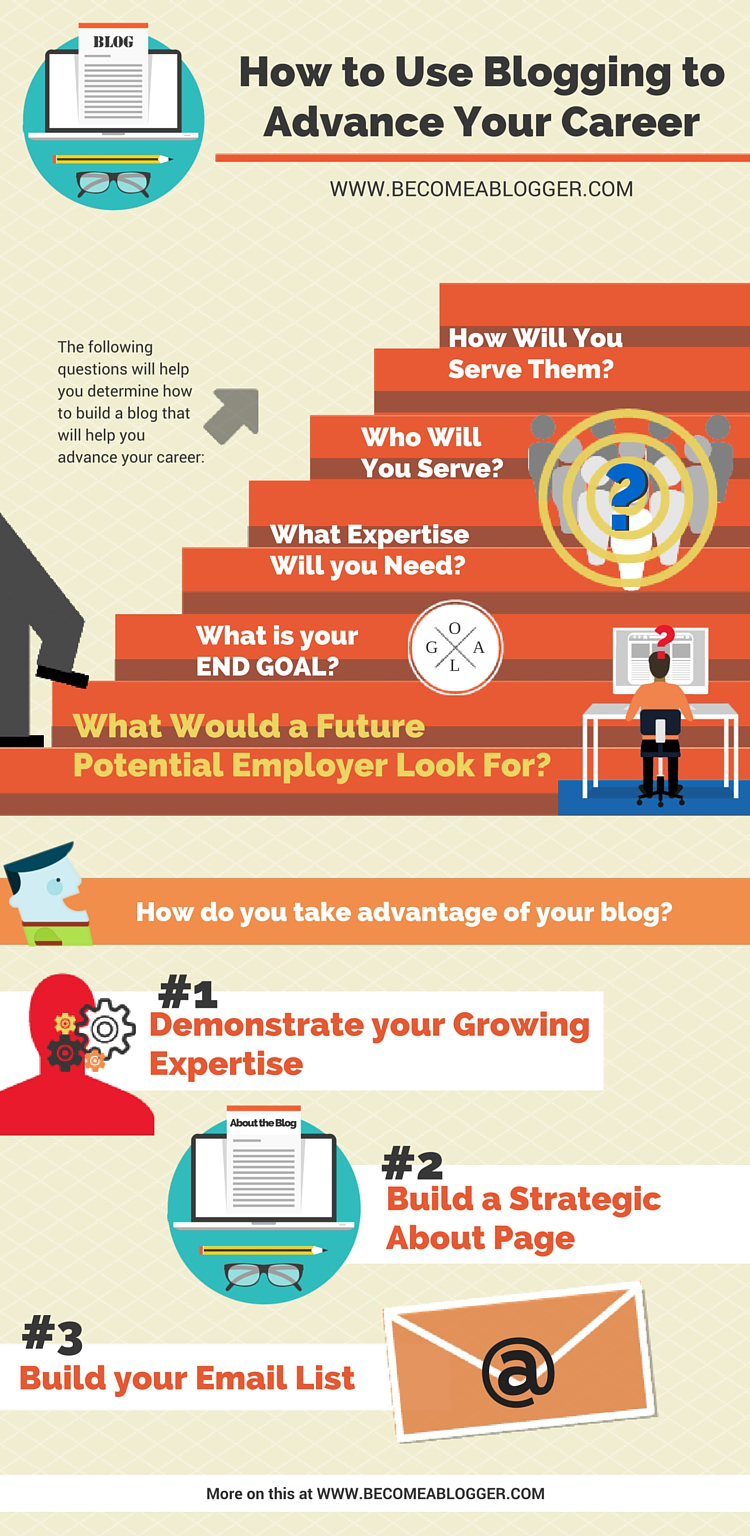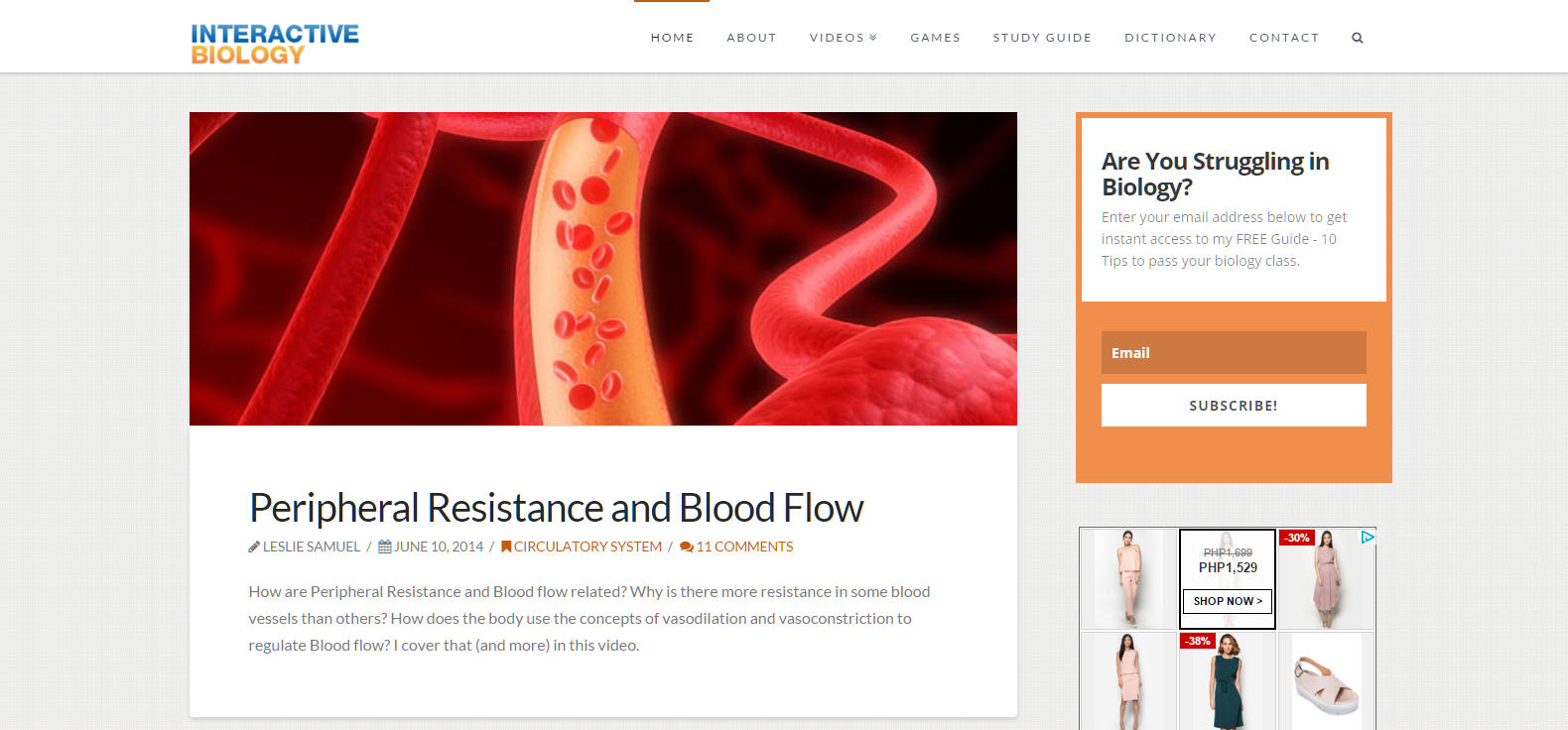If you are depending on traditional methods to advance your career, you just may be missing out on bigger opportunities.
Yes, having a good education can be a step in the right direction, but many of the older methods for getting ahead are becoming obsolete.
What if I told you that there was a better way? What if the answer had something to do with blogging?
And what if you could set yourself apart from every other applicant who is applying for that job?
Would you listen?
Listen to This Episode
A Boy With a Dream
It was 2002 and I was sitting in my Systems Physiology class. Up to this point, I was a terrible student. But due to a series of events, my mindset was completely changed.


I was going to give it my all. And in doing so, I fell in love.
Not with the awesome young lady that became my wife (that came later). This love was different. It was with Biology.
I know what you're thinking – That Leslie guy is a nerd! Yep, I am – and proud of it. A nerd who was in love with the complexities of the human body.
I sat there voraciously taking notes, trying to get as many of the words down that flowed from my professor's mouth. I wanted my notes to be as extensive as possible so that I could spend more time with them when the class was over.
But there was more. I wasn't only in love with the subject. I was also in love with the idea of teaching that same information to other students.
In fact, I probably spent just as much time (if not more) helping my classmates as I spent studying for myself.
That's when I decided that I wanted to be a university professor. This became my dream job.
The Cricket Dilemma


But then something happened. I decided to go on for my Master's degree in Neurobiology and to continue on with a PhD. As a part of my master's, I had to do research.
My research was on a specific neuron in a cricket. I spent countless hours in a lab listening to cricket chirps and recording from their neurons.
Could I see myself doing that kind of research for an indefinite period of time? Absolutely not. I just wanted to teach, but the road to that destination seemed quite daunting.
So I gave up on my dream of being a university professor – at least temporarily. Instead, I decided to become a high school teacher. But the dream never fully went away.
The Blog
In 2010, I decided to start a biology blog. On that biology blog, I taught what I wanted to teach – University-level biology.
Today, that blog reaches as many as 95,000 people in a month. Beyond that:
- It has helped to establish me as an expert in my field
- It opened the door for me to become a university professor (a job I later left)
- It gave me the confidence that if I needed to get a job in my field in the future, I could do so EASILY
My blog has done all of that (and more). But I've realized that most people aren't aware of how much blogging can do to help them advance their careers.
So what follows are a series of questions you should ask to build a blog that can help you advance your career.
What is Your End Goal?


One of the mistakes I made early in my college career is that I didn't think much about my end goal.
I knew I liked biology but didn't know what I wanted to do with it.
Eventually, I figured it out that I wanted to be a university professor. However, in retrospect, I realized that I simply wanted to teach something that I'm passionate about.
Understanding your end goal will make it easier for you to determine what steps you need to take in order to accomplish your goal.
What Expertise Will you Need?
Let's say you wanted to be a biology professor. In order to accomplish that, you will need a good understanding of biology and you will need the ability to teach.
In other words, you will need to do whatever is necessary in order to become a subject matter expert.
You will have to attend classes, study hard, do research and go above and beyond what is expected of an average student.
You will have to practice teaching, and that is not something you should put off until you “get the job”. It's something you can start doing at any point.
Don't wait for anyone to give you the experiences necessary to gain the expertise. Create the experiences you need and create them now.
Who Will You Serve?


This second question is just as important as the first. In business, we tend to use the term “customer avatar”.
It's the concept on becoming very clear who we are targeting with our message, product, service, etc.
However, when it comes to our careers, this is not a conversation that comes up as often. Especially in the academic context.
We tend to place an emphasis on the academic aspects – the information you have to learn.
I would encourage you to spend a significant amount of time thinking about the person you want to serve when you accomplish your goal.
In my case, that person was a College student who was studying biology. Understanding the needs, struggles and fears of that student helps to guide me as I build my blog.
How Will You Serve Them?
Having an understanding of who you will serve will help you determine the best way to serve them.
If your goal is to be a professor, you will ultimately be teaching a specific subject. As mentioned earlier in this post, you should be spending a significant amount of time becoming a subject matter expert.
The more you learn, the more you'll be able to serve.
However, you do not have to wait until you have your dream job in order to start serving. You can start doing that now. More on this later.
What Would a Future Potential Employer Look For?


This is something most people don't think about until they are applying for a specific job.
But you're gonna do something different. Whether you're a freshman in college or have graduated and are looking to grow into your dream job, now is the time.
If you're applying to be a professor, your employer will want to know that you:
- Have subject matter expertise
- Can teach well (hopefully)
- Know how to deal with students
- Have research experience
- Are organized
- Etc.
Knowing these things will help you to consciously demonstrate your ability on your blog in the context of what your potential employer will be looking for.
Your answers to the above questions will play a big part in determining how you build your blog.
However, here are a few tips that can help you take full advantage of the platform you are building:
Tip #1: Demonstrate your Growing Expertise


This is the most important part. If you are actively learning and adding to your expertise, you will have a lot to share.
This holds a lot of people back because they don't necessarily feel like experts. However, you know more than someone else.
The bulk of the content on my biology blog is taken almost directly from that Systems Physiology class that I fell in love with.
And although I didn't write the book on Physiology, I had something to share that others could learn from.
In addition to that, the act of creating content and sharing that with the world forced me to think about how I was delivering that content.
Because I wanted to make sure that it was done in a way that made it easy for my blog visitors to learn, I became a better teacher. My expertise was growing and that was obvious when my potential employer visited my blog.
Tip #2: Build a Strategic About Page


This is one of the most visited pages on most blogs. It tells the story. It paints a picture.
Unfortunately, many of the about pages I see just suck.
Don't be one of those guys. Create an about page that paints a full picture of your ability, passion, aspirations, etc.
Let your personality shine through. Make it clear what value you provide and who you are serving.
Also, think about what that potential employer would be looking for and make those things abundantly clear.
I don't care too much about the research I did during my master's degree anymore. However, I made sure to include those details as well as the research articles I published in scientific journals on my about page.
Tip #3: Build your Email List


“Wait a minute Leslie. You're talking about advancing my career and you are mentioning an email list? What's that about?”
I know, I know – sounds counterintuitive. Yes, we always say that your email list is one of your most valuable assets when building an online business.
But it's more than that. It's a way for you to be in communication with many people in your industry.
Think about it – I have a biology email list of close to 17,000 people. MANY of those people are teachers, professors, principals, etc.
Those are great people to network with if I'm ever looking for a job as a teacher or professor in the future (although, I don't EVER see that happening).
The Best Part
Here's the best part of everything I shared with you in this post. If you do the things I mentioned here and build a successful blog, it doesn't only give you the ability to advance your career and maybe land your dream job.
It can also put you in the position of having a solid business where you don't need to ever “get a job”. Instead, you can be the one creating jobs as you build your own business.
See what I did there? I tricked you into building an online business by luring you in with the concept of advancing your career 😉
It's a beautiful thing.
But the truth is this – it's not easy. It takes a lot of work. But you can do it.
Your Turn
As I wrap this up, I would like to end with a question for you: In terms of your career, what is your ultimate goal?
Let's discuss it in the comments below.
Resources Mentioned:
- Free Blogging Videos – Get free training on how to build your blogging business
- The Become a Blogger Coaching Club – Join our blogging community and get the support you need on your blogging journey
Infographic



